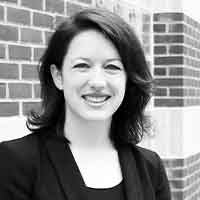Question
What is the importance of family-centered care in healthcare, and how does it differ from traditional models?
Answer
Family-centered care is an essential component of modern healthcare that moves beyond the traditional, patriarchal model where the provider dictates treatment, and the patient follows it. This approach involves the patient's chosen family in their care, emphasizing collaboration and support. The chosen family, which may include individuals such as nephews' girlfriends, close neighbors, coworkers, or ex-spouses, is selected by the patient or client, highlighting the importance of involving those who the patient considers significant in their life.
The goal of family-centered care is to work collaboratively with the patient's chosen family to enhance their health and well-being, allowing both the patient and their family to maintain control over the care process. This model aligns with the World Health Organization's International Classification of Functioning, which advocates for modifying contextual factors that may serve as barriers or facilitators of successful communication and participation.
As healthcare providers, it is crucial to recognize that modifying these contextual factors involves engaging with and influencing the views and behaviors of those around our patients and clients. This necessitates including ancillary supports in our efforts to provide comprehensive care. Shifting to a family-centered approach represents a significant paradigm shift in healthcare, emphasizing the need for collaboration and support beyond the patient-provider dyad.
This Ask the Expert is an edited excerpt from the course, MCI/Dementia: Writing Caregiver Education into Clients' Plans of Care, presented by Allison Gallaher, MS, CCC-SLP.

